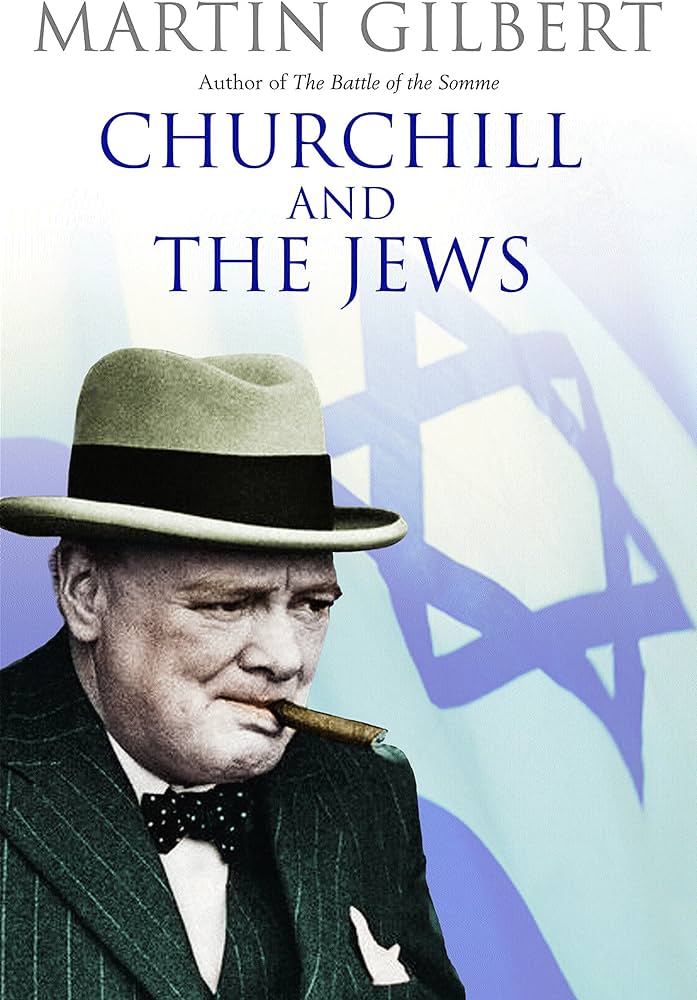In “Churchill and the Jews,” renowned historian Martin Gilbert delves deep into the intricacies of Sir Winston Churchill’s relationship with the Jewish people and their aspirations for a homeland in Palestine. This examination provides a fascinating lens through which readers can understand the complex genesis of modern-day Israel.
Churchill’s Sympathies
Churchill’s affection and admiration for the Jews was a theme that was recurrent throughout his life. He was often inspired by the resilience of the Jewish people, their commitment to education, and their profound contributions to Western society. His positive feelings towards the Jews were not merely intellectual or sentimental; they translated into policy decisions and actionable support during some of the most tumultuous times in world history.
Zionist Aspirations and British Policy
From the early 20th century, the Zionist movement sought to establish a homeland for the Jewish people in Palestine, which was then under Ottoman control. After World War I, the British assumed control of Palestine and with the Balfour Declaration in 1917, expressed support for the establishment of a “national home for the Jewish people” in Palestine.
Churchill, even as early as his tenure as the Colonial Secretary in the 1920s, demonstrated a favorable disposition towards the Zionist cause. He firmly believed in the promise of the Balfour Declaration and was instrumental in its implementation, recognizing the Jews’ historical connection to the land and their right to self-determination.
Challenges and Controversies
However, as Gilbert meticulously documents, Churchill’s support for the Zionist aspirations did not come without its challenges. The rising Arab nationalism and the rights of the Arab majority in Palestine presented significant policy dilemmas. While Churchill was a staunch supporter of the Jews, he was also keen on being fair to the Arab inhabitants of Palestine.
This dual commitment often placed Churchill in tight spots. At times, he had to navigate through conflicting interests, making decisions that were not always popular among Zionists or Arabs.
The Holocaust and Churchill’s Resolve
World War II and the Holocaust intensified the urgency of the Jewish question. With the Nazis systematically exterminating millions of Jews, the case for a Jewish homeland became even more compelling. Churchill, horrified by the atrocities and fully grasping the magnitude of the Jewish plight, reinforced his support for the Jewish state’s idea.
After the war, the British found it increasingly difficult to maintain their mandate in Palestine due to the conflicting national aspirations of Jews and Arabs, leading to the eventual withdrawal and the United Nations’ partition plan.
Conclusion
Martin Gilbert’s “Churchill and the Jews” paints a comprehensive portrait of one of the 20th century’s most formidable leaders and his complex relationship with the Zionist cause. Through the lens of Churchill’s leadership, readers gain profound insights into the challenges, dilemmas, and eventual triumphs in the establishment of modern-day Israel.
In a world fraught with political complexities, Churchill’s unwavering support for the Jewish people, tempered by his commitment to justice and fairness, serves as a poignant reminder of the importance of principled leadership.

Leave a Reply